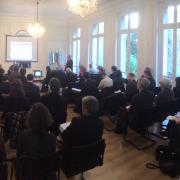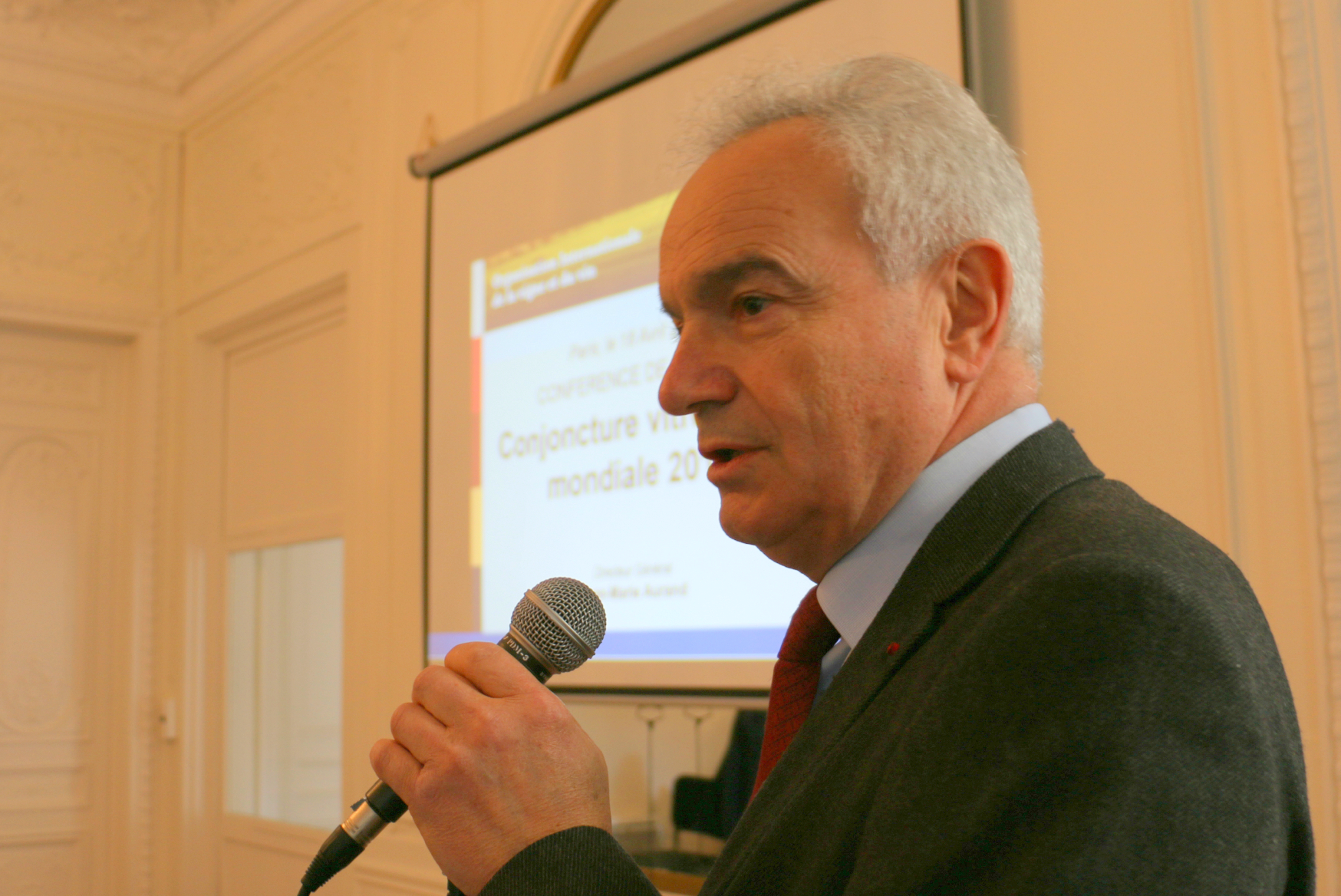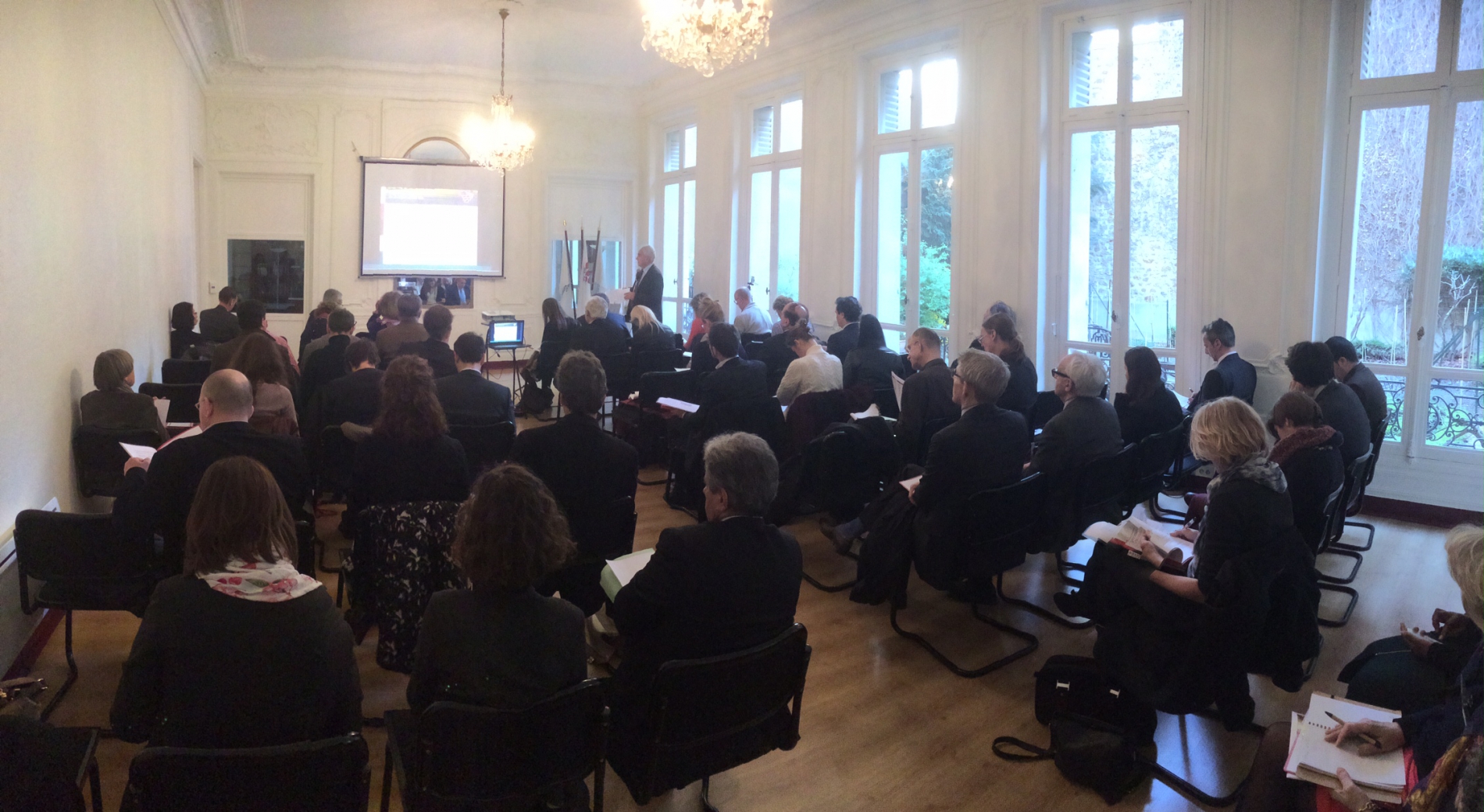Displaying 2654
Events
20/04/2016 - 22/04/2016

News

- The size of the global area under vines rose to 7534 kha in 2015: China's vineyard surface area continued to increase (+34 kha), confirming its place as the country with the 2nd biggest vineyard surface area.
- World wine production increased by 2.2% compared with the previous year, reaching 274.4 mhl in 2015.
- Global wine consumption has stabilised since the 2008 economic crisis: it is estimated at 240 mhl for 2015.
- The world wine trade continued to grow in volume and especially in value: 104.3 mhl (+1.8%), 28.3 bn EUR (+10.6%).
Global State of Conditions Report
PPT Presentation [FR]

18 Apr 2016
Events
10/04/2016 - 15/04/2016